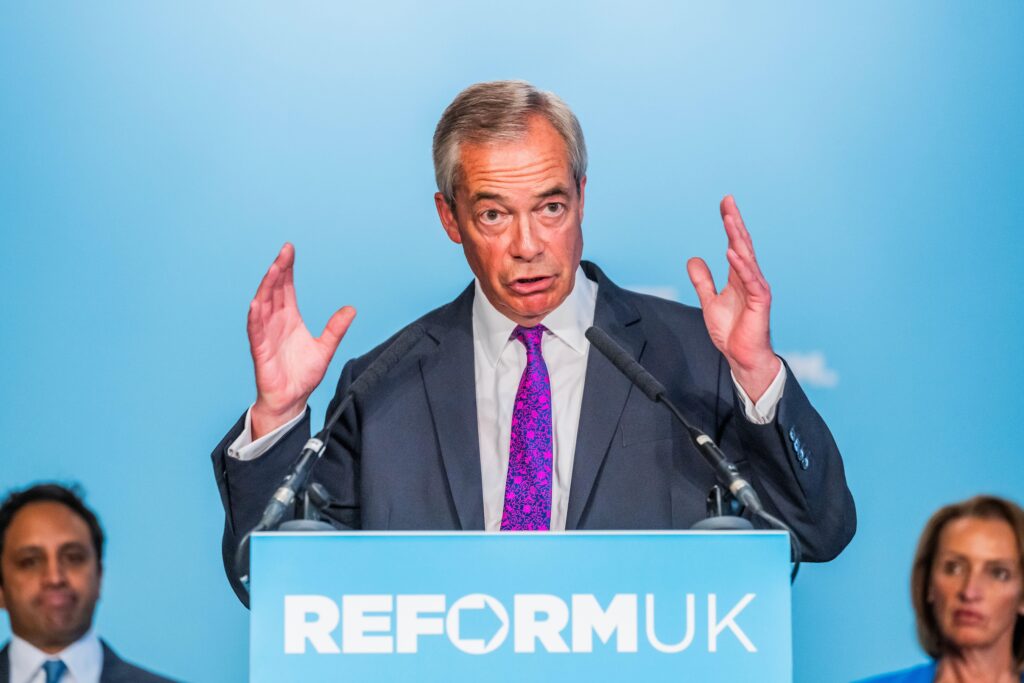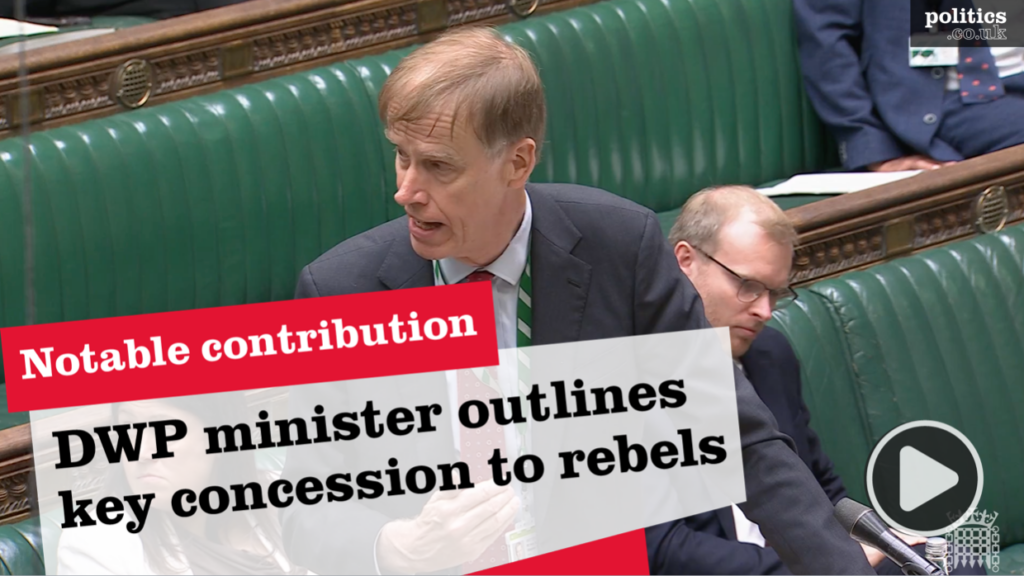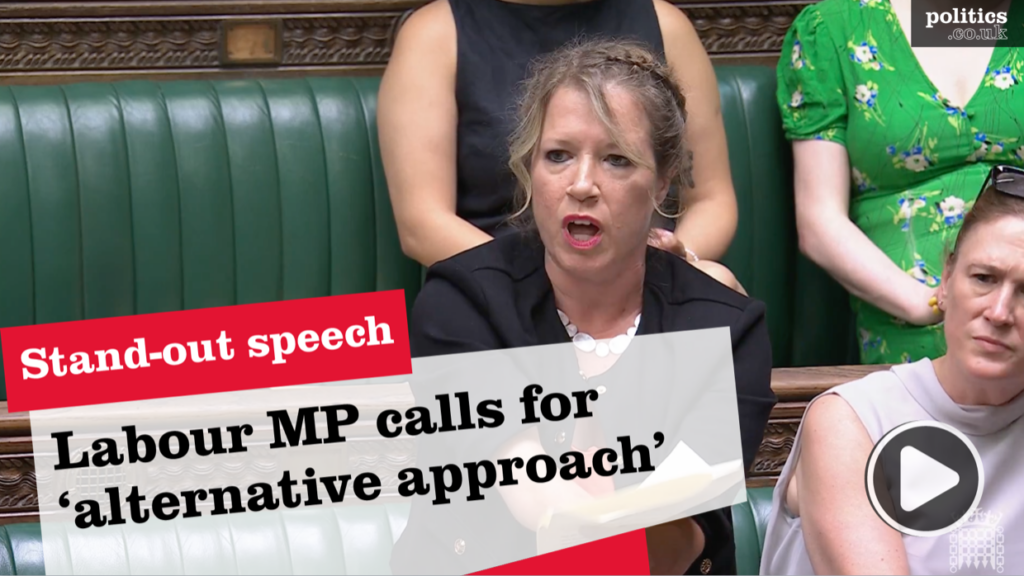Comment: Cable’s university coup threatens fairness
Cable's selection of Les Ebdon shows the balance has moved from fair access to positive discrimination.
By Dr Patricia Kaszynska
Following a political storm, Les Ebdon has been appointed the new chair of the Office of Fair Access. The controversy over his appointment has been presented, or rather misrepresented, as an ideological dispute between Conservatives and Liberal Democrats – with the Tories outraged by the social engineering approach proposed by the professor and Lib Dems determined to ‘crank up’ the numbers of kids on free school meals in Oxbridge at all cost. However, the terms of this debate are not so clear cut.
It is true the Fair Access to University Group (FAUG) of Tory MPs made the headlines with their report predicting 'Armageddon' upon Ebdon's appointment, but very few Tory politicians with ministerial seats would be in favour of fetishising students’ academic attainment independently of the context where it was achieved.


David Willetts approaches these issues with great insight and understanding; Michael Gove is likewise simply too smart to claim that raw exam results are the sole indicator of one’s intellectual acumen. Rather, the current dispute is over two conceptions of how social mobility should be promoted: one grounded in the idea of eliminating obstacles to fair access and one anchored in the notion of positive discrimination.
On the one hand, there is the camp of Michael Gove armed with the old argument that it is the low quality of teaching in primary and secondary schools in deprived communities that prevents many students from competing with their more fortunate peers. On the other hand, there is Vince Cable – the most vocal and powerful patron of Ebdon – claiming that we stand to lose the war on social mobility unless we employ more radical battle tactics.
Ebdon made it clear that, if appointed, he would take his new job very seriously and impose “nuclear” financial penalties on the universities failing to meet the fair access agreements. In particular, what some find unsavoury about the prospect of his appointment is that he may require that students from deprived backgrounds should be allowed entrance to universities based on lower grades. Endorsing this view puts the Lib-Dems in a difficult position: it amounts to an attempt to secure the equality of opportunity by forcing the inequality in input.
The argument is that students admitted with lower grades would have the potential to perform on a par with their better accredited peers. This is a very plausible hypothesis, yet given that it is the fairness of access that is in question, it raises some issues over the methodology of comparing ‘apples and oranges’ and how contextual deprivation can be quantified. Measuring raw capabilities in abstraction from contextual determinations is difficult. Is there a danger here that the standard of fairness might be compromised?
The accusation of an "Orwellian persecution of excellence" mounted against Ebdon is probably much exaggerated. Yet there is a simple pragmatic point here. Given that a straight A student will often lose a place every time a student without straight As from a deprived background is offered one, due consideration should be given to the selection mechanism underpinning these choices. Promoting procedural inequality for the sake of equality of opportunity is a blunt measure.
To conclude with a further word of caution: if the Lib Dems think that resorting to this radical proposal is an obvious political move to revive the party ideology, they should think again. The Liberal Democrat party, as the name suggests, has from its inception been ideologically torn between the progressivism of the social democratic tradition and the aspiration of traditional liberalism. Whereas the Lib Dems of Charles Kennedy – those with a formidable appetite for state intervention – might embrace some aspects of ‘social engineering’, Ebdon’s approach has to be an anathema to the light-handed approach to state intervention of David Laws. Is it good strategy to open old wounds?
Dr Patricia Kaszynska is a senior researcher at ResPublica. Her current research interests lie in the field of education and skills policy, culture and sport, and capabilities and behaviour change. Previously Patricia worked for Demos and the Fabian Society and held the role of parliamentary researcher.
The opinions in politics.co.uk's Comment and Analysis section are those of the author and are no reflection of the views of the website or its owners.












